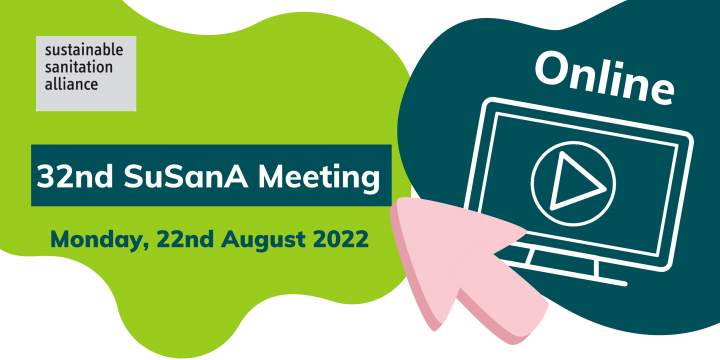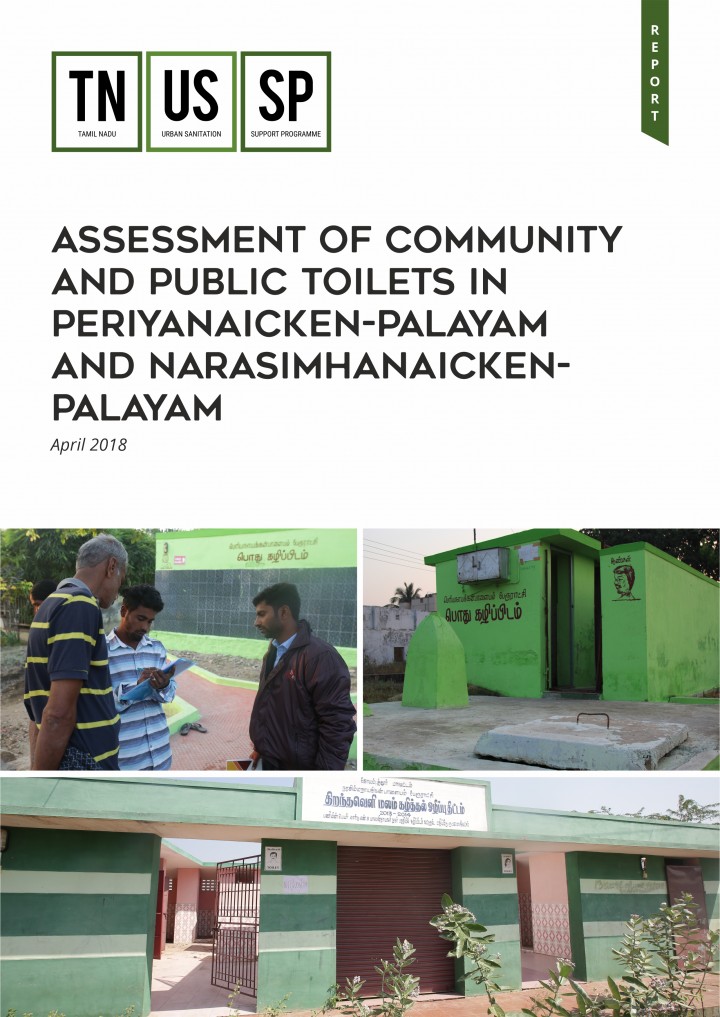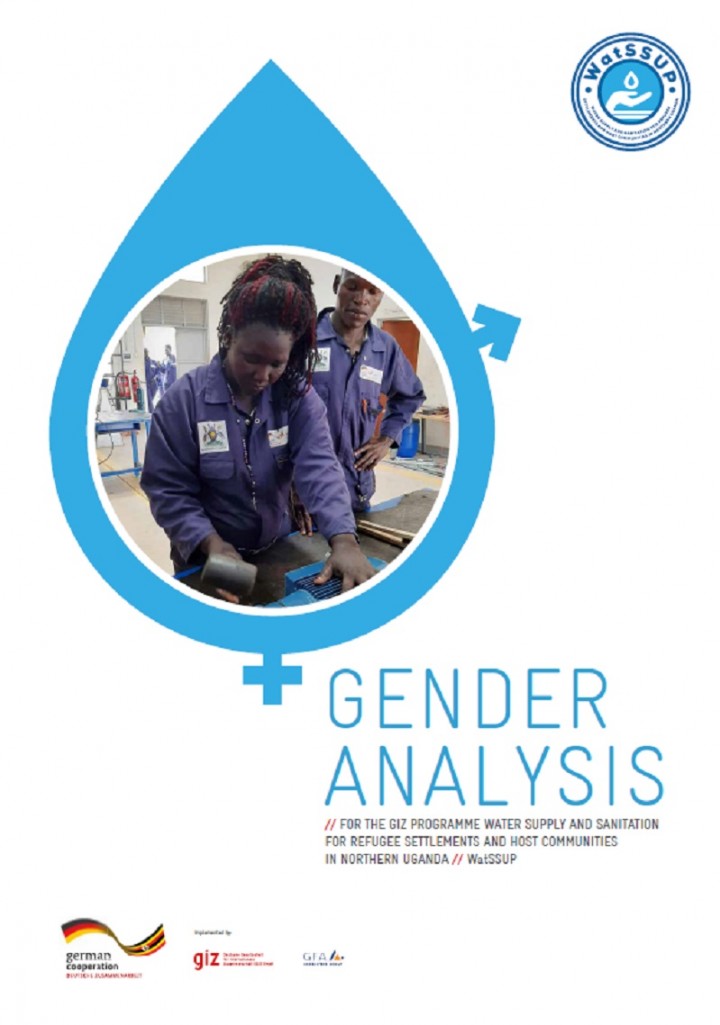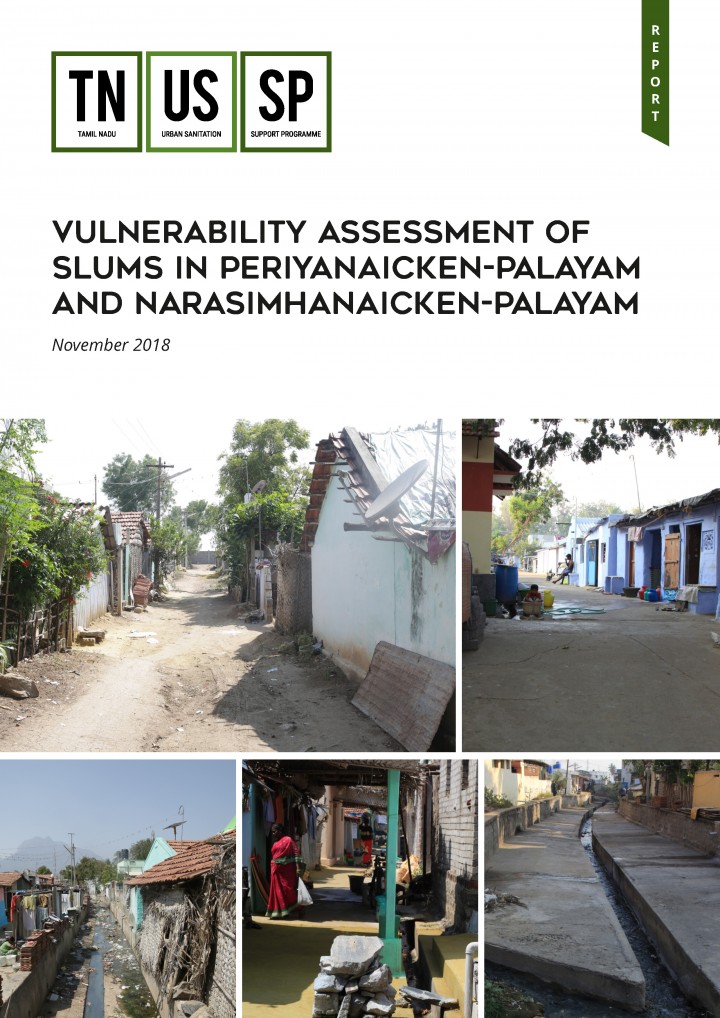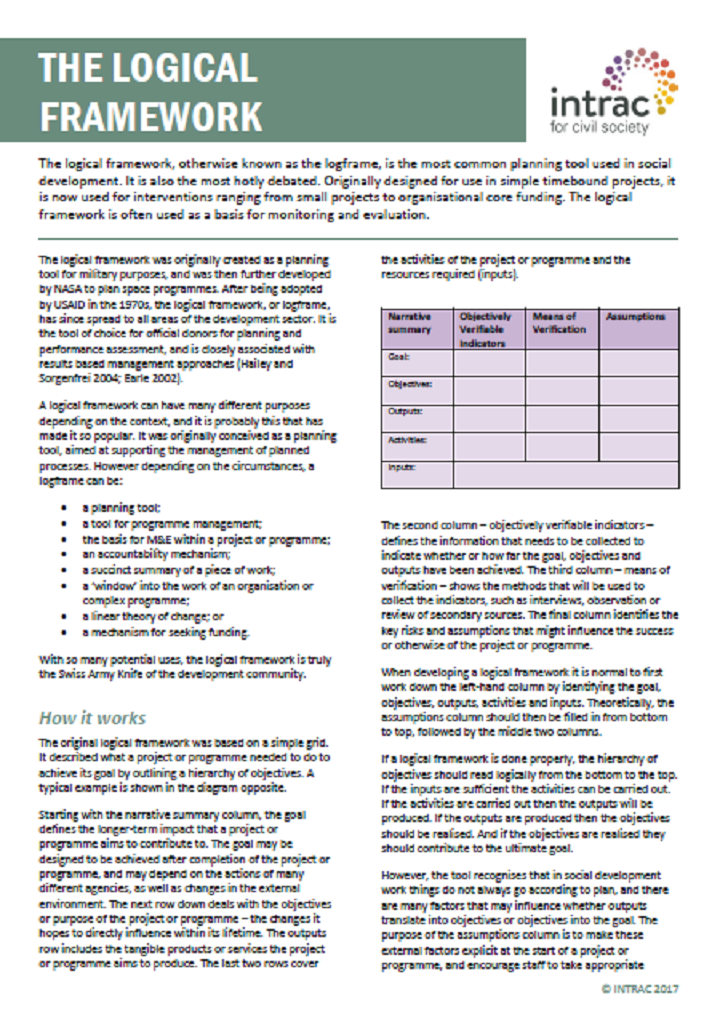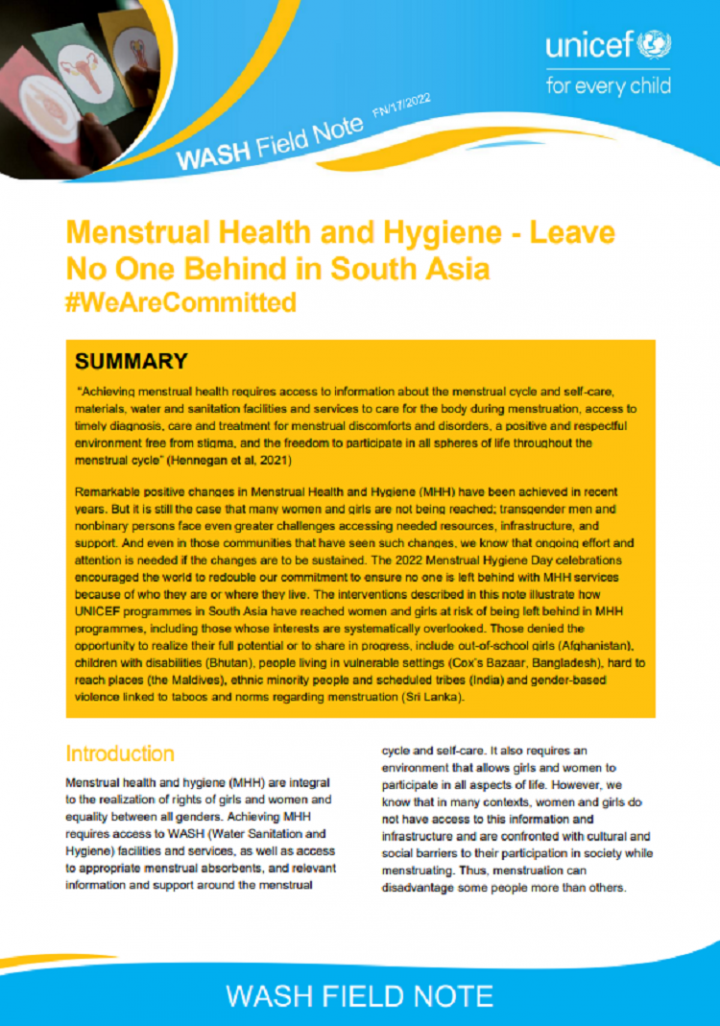Searching for information on Sanitation Workers?
The Sanitation Workers Knowledge + Learning Hub is the best source for all current news, trends, articles and updates on sanitation workers rights around the world.
The 32nd SuSanA meeting - the third time online - took place on 22nd August 2022. It was organised by the SuSana Secretariat with support and contributions from SuSanA Partners, Members, Working Groups, Regional Chapters and many more.
This entry is the collection point of the different resources from the SuSanA Meeting, including recordings, presentations and program overview.
We once …
This manual is a guideline for those planners looking for a practical methodology for conducting a
health promotion project at District Level. The focus is primarily on applying this approach to rural areas;
however the approach is still applicable to an urban setting.
The manual takes approximately 1.5 hours to read and is divided into three main sections.
Sanitation for Millions has assessed its interventions in the three partner countries Jordan, Uganda and Pakistan in the context of the COVID-19 pandemic and identified various WASH-related measures which represent an adequate and effective response to COVID 19 in particular and to pandemics and infection control in general.
Handwashing is one of the core activities carried out regarding safe …
Humanitarian emergencies increase the risk of transmission of infectious diseases and other health conditions such as severe malnutrition. An effective disease surveillance system is essential to detecting disease outbreaks quickly before they spread, cost lives and become difficult to control. WHO’s Early Warning, Alert and Response System (EWARS) is designed to improve disease outbreak …
A Blue School offers a healthy learning environment and exposes students to environmentally-friendly technologies and practices that can be replicated in their communities. It inspires students to be change agents in their communities and builds the next generation of WASH and environment sector champions.
The Catalogue of Practical Exercises aims to inspire teachers with hand-on and low cost …
TNUSSP carried an assessment of Community Toilets and Public Toilets facilities in the two town panchayats Periyanaicken-Palayam and Narasimhanaicken-Palayam in Coimbatore district. The assessment aimed to profile the facilities in terms of their existing infrastructure, waste and waste management, and operation and maintenance practices. Further, toilet usage patterns were analysed and exit …
This second UN-Water GLAAS report presents data received from 74 developing countries, covering all the Millennium Development Goal regions, and from 24 external support agencies, representing approximately 90% of official development assistance for sanitation and drinking-water.
1. Sections 1 and 2 of the report describe the efforts of countries to be accountable and to plan and coordinate …
The previous chapters covered how stabilisation, drying, and pathogen reduction of faecal sludge (FS) can be achieved with different treatment technologies, and combinations of these various technologies. Each treatment technology results in endproducts which need to be further treated, disposed of, or harnessed for some type of resource recovery. Endproducts, for example dried or partially dried …
The observations and recommendations presented in this gender analysis are meant to provide information to the programme regarding the relevance of gender aspects in Uganda, and particularly for the continued implementation process of the Programme: Water Supply and Sanitation for Refugee Settlements and Host Communities in Northern Uganda (WatSSUP).
This evaluation examines a broad national programme of ‘community-led total sanitation’ (CLTS) style sanitation interventions conducted in Timor-Leste by the government, NGOs and multi-lateral and bi-lateral stakeholders from 2012 to 2020. It was commissioned by the Government of Timor-Leste (GoTL) Ministry of Health (MoH) in collaboration with UNICEF Timor-Leste. The evaluation was conducted …
This manual contains training materials and handouts to enablefacilitators to rapidly prepare training for different levels of hygienepromoters.
It can also serve as a resource for self directed learning by both hygienepromoters and others involved in supporting or managing WASHinterventions.
To understand the vulnerability of the slums, all eleven slums in the town panchayats of Periyanaicken Palayam and Narasimhanaicken Palayam in Coimbatore were profiled using a range of indicators including location, migration, housing, water, sanitation, drainage, electricity, demography, and health seeking among others. This assessment helped categorise and prioritise slums in terms of their …
Worldwide over the last years, a shift has taken place in the acceptance of faecal sludge management (FSM). It is now considered by many to be a viable solution alongside sewer-based systems in achieving citywide inclusive sanitation, and faecal sludge treatment plants (FSTPs) are starting to be constructed throughout Asia and Africa. For example, more than 40 FSTPs started operation in India and …
The direct relationship between diseases such as cholera, hepatitis and dysentery and the unrestricted discharges of residential sewage is well documented. The septic tank is a simple device and when designed, installed, and operated properly, can serve as the first step in the sewage treatment process, which transforms human waste into a manageable effluent. Effluent can be further treated, …
Globally, more than a billion people, including up to 10 per cent of all children, are estimated to have a disability. More than 110 million persons with disabilities may be at risk of having poor access to water, sanitation and hygiene (WASH) facilities. Access to WASH provides direct benefits to health, social inclusion and dignity, and is fundamental to achieve human rights and development …
A lack of decent toilets and clean water causes diarrhoeal diseases that, on average, claim the lives of almost 800 children every day – one every two minutes.
The health impacts of poor sanitation trap people in poverty, making it difficult to get an education or to work to support their families.
The State of the World’s Toilets 2017 explores how the lack of decent toilets around the …
Chingola is one of the major copper mining towns in Zambia. It is in Chingola District in the Copperbelt Province. In 2016, the Central Statistics Office (CSO) projected Chingola’s total population to be approximately at 266,478 with an estimated growth rate of 2.5% and in 2021 the Ministry of Health (MoH) projected the population to be around 300,108.
Roughly equal proportions of the …
This field workbook supports the implementation of the interagency (FAO, UNICEF, WHO) “Communication for Behavioural Impact (COMBI): A toolkit for behavioural and social communication in outbreak response”. It is a handheld guide and notebook for applying the WHO COMBI methodology in 7-steps, during an outbreak. It is primarily intended for risk communication, developmental communication and …
On 7 April 2020, Tropical Cyclone (TC) Harold caused major infrastructure damage to 43% (128/298) of
schools and 47% (164/349) of ECCE (early childhood care and education) centres in Vanuatu’s Sanma,
Malampa and Penama provinces1. Pentecost, in Penama province, was among the hardest hit with all of
the 23 schools in central and southern zones reported as majorly damaged. Along with efforts …
It is well recognised that good communication and participation are prerequisites for successful community engagement in development and humanitarian action. We need more sustained dialogue and meaningful interaction with the people we serve so that they can take informed decisions and play an active or lead role in the aid they receive. So how do we get better at working alongside people …
Good hygiene and sanitation are critical for improving family health, but most rural communities in Africa have shown little inclination to change their traditional high risk behaviour patterns, resulting in high infant mortality due to preventable diseases. With the Millennium Development Goals seeking to halve the 2.4 billion people without sanitation by the year 2015, there is an urgent need …
The logical framework, otherwise known as the logframe, is the most common planning tool used in social development. It is also the most hotly debated. Originally designed for use in simple timebound projects, it is now used for interventions ranging from small projects to organisational core funding. The logical framework is often used as a basis for monitoring and evaluation.
“Achieving menstrual health requires access to information about the menstrual cycle and self-care, materials, water and sanitation facilities and services to care for the body during menstruation, access to timely diagnosis, care and treatment for menstrual discomforts and disorders, a positive and respectful environment free from stigma, and the freedom to participate in all spheres of life …

